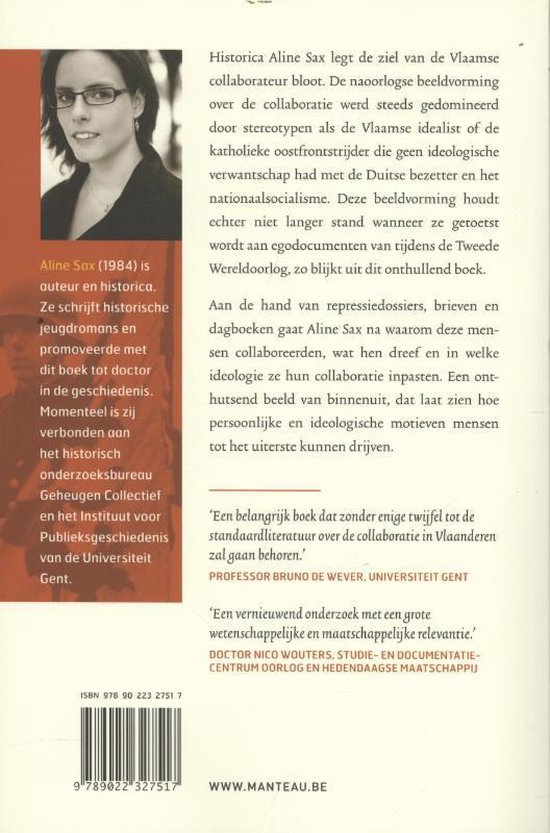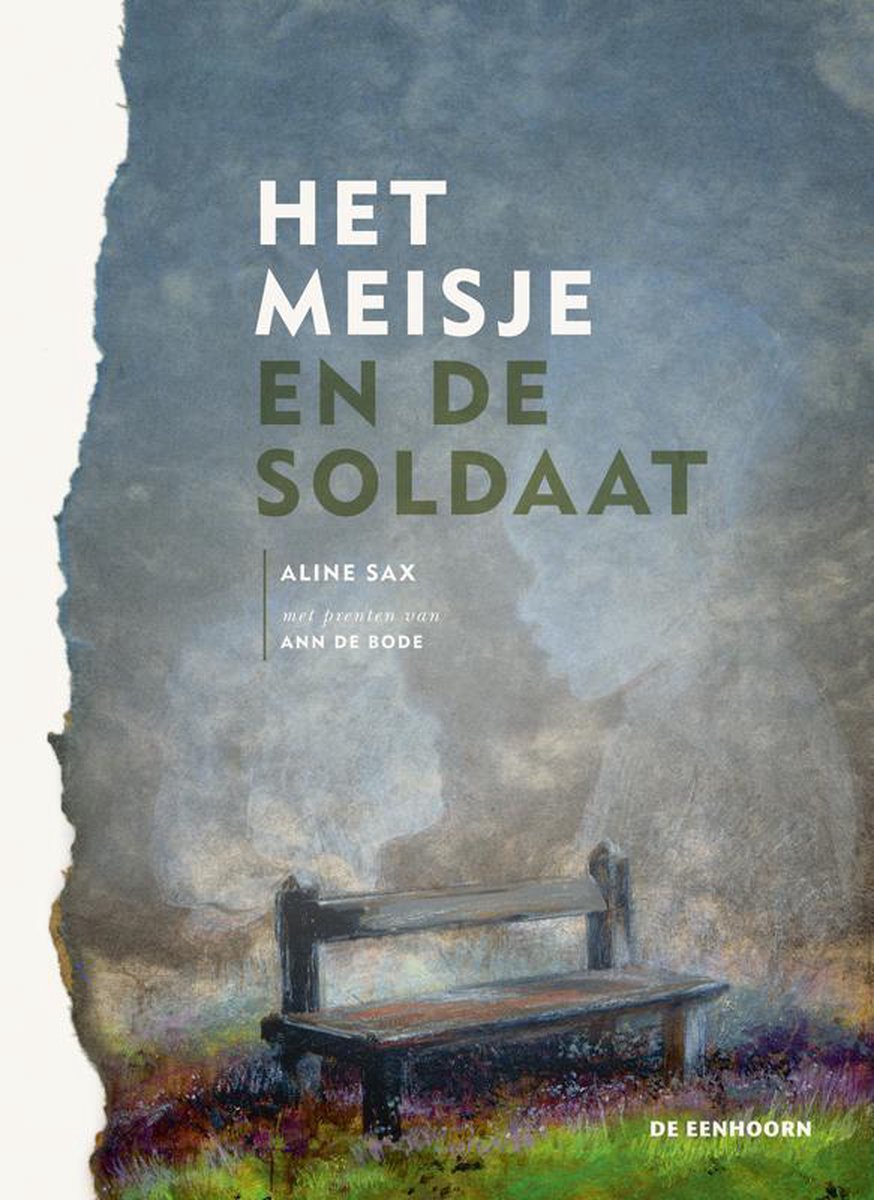

Robert Grunert, Der Europagedanke westeuropäischer faschistischer Bewegungen 1940-1945 (Paderborn: Ferdinand Schöningh, 2012).Īline Sax, Voor Vlaanderen, volk en Führer: De motivatie van Vlaamse collaborateurs tijdens de Tweede Wereldoorlog, 1940-1945 (Antwerpen: Manteau, 2012). Jonathan Dunnage, Mussolini’s Policemen: Behaviour, Ideology and Institutional Culture in Representation and Practice (Manchester and New York: Manchester University Press, 2012). Thoughts on the re-inflation of a concept The experience of CasaPound ItaliaĪuthors: Pietro Castelli Gattinara Caterina Froio and Matteo Albanese The appeal of neo-fascism in times of crisis. In Voor Vlaanderen, volk en Führer legt historica Aline Sax de ziel van de Vlaamse collaborateur bloot.

State of Siege and the Rise of Fascism in Interwar Romania A Case Study of the Transnational Fascism Model ‘We Will Never Leave.’ The Reale Accademia d’Italia and the Invention of a Fascist Africanism

Italy’s and Japan’s Entangled History in the Early 1930s A Historical and Phenomenological Perspective on Transnational Fascism The myth is both shared and disputed.A New Editor-in-Chief and the Special Issue on Transnational Fascism Results suggest that differences between DS and FS in political position taking regarding the granting of amnesty are partly due to differences in representations of collaboration, and to different perspectives towards the same historical representation. Interestingly, SA was predicted by judgments of morality of DS, but not of FS, collaborators, in both groups, as if francophone collaboration was deemed irrelevant. This effect of Linguistic Group (LG) on SA was mediated by judgment of morality of collaboration, and this mediation was moderated by identification with the LG. However, DS expressed more Support for Amnesty (SA) than FS. A questionnaire survey (N = 521 315 FS and 206 DS) showed that collaboration was represented negatively and was morally condemned in both groups. Demands for amnesty addressed by nationalist Flemish parties are a case in point. These representations regularly resurface in political debates surrounding the Belgian linguistic conflict. According to a popular myth coined after the war and often narrated in the media and literature, collaboration was widespread in Flanders, whereas Walloons bravely resisted, although historical reality is much more nuanced. Collaboration with the Nazi occupier during WWII has always been a topic of dissent between French-speakers (FS) and Dutch-speakers (DS) in Belgium.


 0 kommentar(er)
0 kommentar(er)
